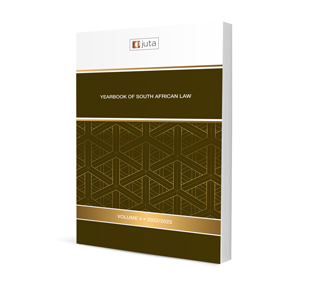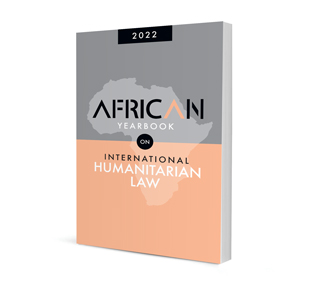Abstract
The efforts to resolve the conflict in Burundi through the implementation of transitional justice have been fraught with many challenges. The crisis in Burundi took a new twist in June 2020 with the sudden passing of one of the major roleplayers, President Pierre Nkurunziza. However, this has not resolved the crisis in any significant way so far, and it is imperative to revisit and examine some of the underlying legal issues and draw some lessons for the future. In this article, I argue that the Burundi crisis, arising from the third-term bid of then President Nkurunziza, presented a conflict of two legal orders—the domestic constitutional order of Burundi and the African Union legal order as embodied in a number of regional treaties, principally, the African Union Constitutive Act and the Charter on Democracy and Governance. This clash made it difficult, if not impossible, to achieve a different outcome when expectations came in direct conflict with decisions of the highest court in the Burundian legal order. External actors should be more circumspect and approach election-related legal processes more cautiously, because, ultimately, it is the domestic courts that will decide such cases.

